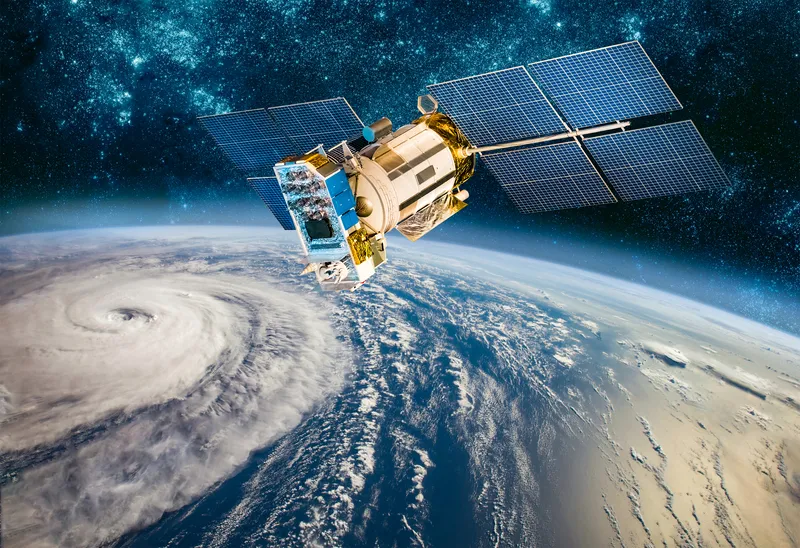Swiss-based u-blox has launched what it claims is the world’s smallest stand-alone positioning module, the EVA M8M, bringing multi-GNSS performance into the ultra-compact EVA footprint. The cost-effective module supports US GPS, Russian GLONASS, Chinese BeiDou, Japanese QZSS and SBAS augmentation systems.
December 18, 2014
Read time: 1 min

Swiss-based
The cost-effective module supports US GPS, Russian GLONASS, Chinese BeiDou, Japanese QZSS and SBAS augmentation systems. Based on proven u-blox M8 performance, the module achieves -164dBm tracking sensitivity, fast acquisition time and low power consumption. EVA-M8M can track any two GNSS systems simultaneously and output a GNSS position up to 18Hz.
The module is also compatible with the popular EVA-7M GPS, allowing easy upgrade of existing designs at minimal cost.








